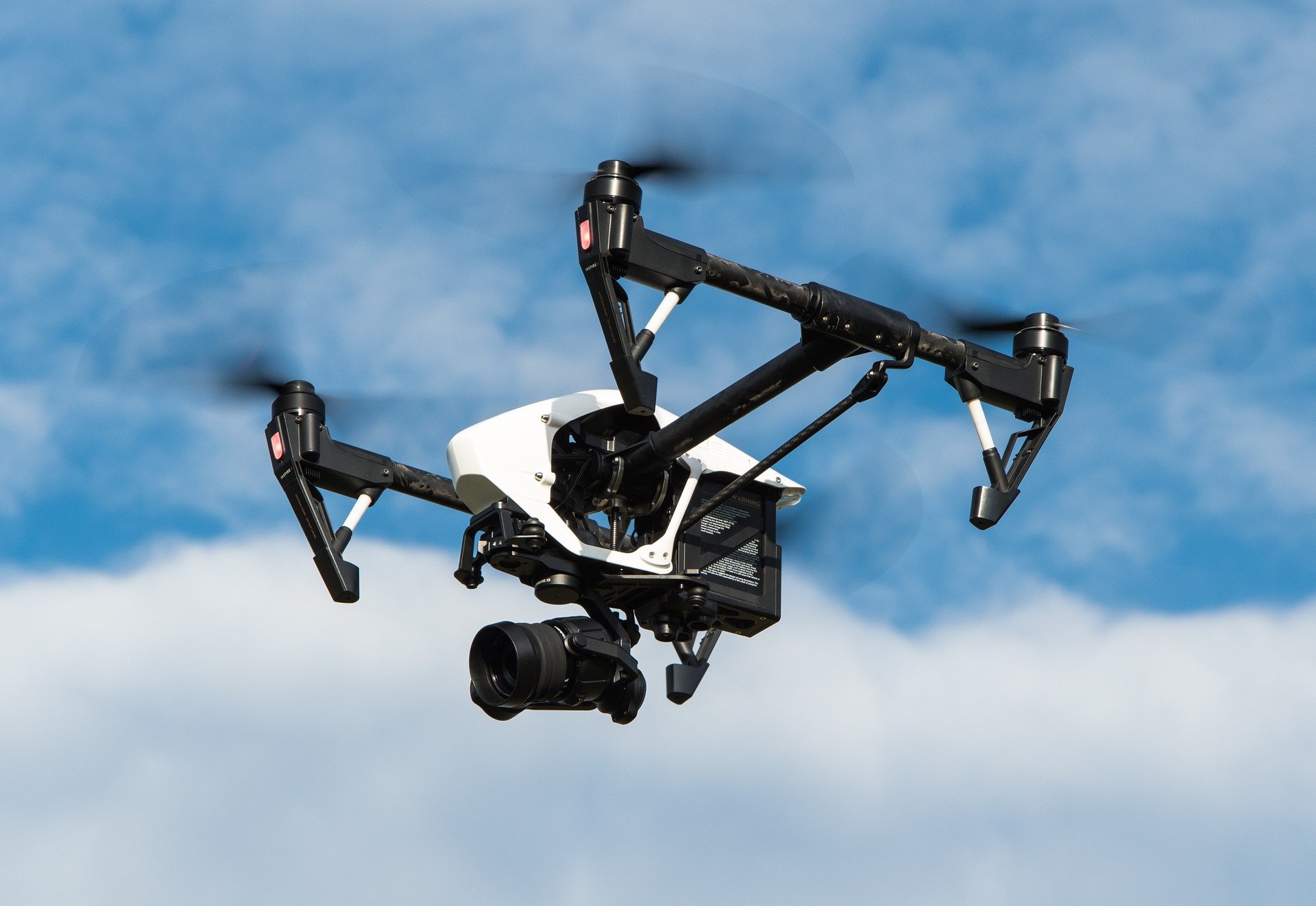
Drones are playing an increasingly prominent role in life and business today. These pilotless vehicles see use in everything from scientific research to construction, and many people predict they’ll be the future of e-commerce deliveries. As drone adoption continues to grow, hydrogen fuel cells have emerged as an ideal power source.
Most discussions around fuel cells revolve around their use in cars, but that’s not the end of their potential. Today’s battery-powered drones have several shortcomings that hinder their utility. Hydrogen fuel cells could be the answer.
Extending Range
The most significant problem with drones today is that they have a remarkably limited range. Most commercially available options can only fly for 25 minutes or less due to issues with battery capacity. Fuel cells provide greater energy density, so they can give drones longer ranges.
Fuel cells require hydrogen and oxygen to produce power, and the air provides a ready supply of the latter. As a result, fuel cell-powered vehicles only need to carry half of their fuel, reducing weight and extending their range.
Hydrogen is also less dense than air, so fuel cell-powered drones could be far lighter than battery-powered alternatives. With less weight to carry, these drones could travel farther with less energy.
Improving Reliability
Drones also need to be reliable, especially in industrial applications. Some industries use drones in pipe inspection and other physically demanding tasks, so reliability is a must. Once again, fuel cells provide an upgrade over batteries.
Fuel cells’ higher energy density provides more control and stability in motion. This enables these drones to operate in more extreme conditions, like they’d encounter in construction.
Unlike batteries, which store power, fuel cells generate it, which gives them another advantage. A smaller battery produces less energy, but fuel cells deliver the same output no matter the size of the fuel tank. Users could switch differently sized fuel tanks in and out for varying tasks, improving these drones’ versatility.
Taking Drones to New Heights
These improvements expand the possibilities of drone technology. The extended range and reliability of fuel cell drones make them ideal for ocean research. Collecting measurements in-person at sea can cost hundreds of millions of dollars, so being able to do it by drone would represent considerable savings.
The short battery life of today’s drones has limited their use in delivery, but fuel cells could change that. With longer ranges and steadier flights, drones could deliver packages from e-commerce fulfillment centers with little risk. Customers would enjoy shorter delivery times, and logistics companies would increase their productivity.
One company has even designed a people-carrying drone using hydrogen fuel cells. This vehicle could serve as an eco-friendly alternative to helicopters and wouldn’t be possible with batteries.
Hydrogen Could Be the Future of Drone Technology
Drones have thoroughly disrupted the modern world, and fuel cells could push them further. Battery power is certainly preferable to combustion engines, but it has limited utility. Fuel cells provide a needed improvement over both.
Hydrogen fuel cells still need some advancement of their own to become more cost-efficient, but that’s likely not far off. Before long, hydrogen could power these vehicles, taking them to new heights, both literally and figuratively.


Jane Marsh
Jane Marsh is the Editor-in-Chief of Environment.co. Jane covers topics related to climate policy, sustainability, green technology, renewable energy and more.
Read the most up to date Fuel Cell and Hydrogen Industry news at FuelCellsWorks




